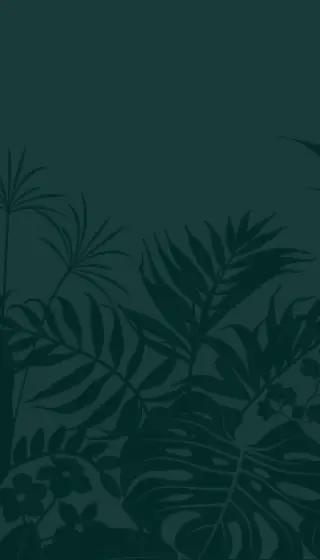



The collared crescentchest (Melanopareia torquata ) is a species of bird in the family Melanopareiidae. It is found in Brazil and Paraguay.
An insectivore is a carnivorous plant or animal that eats insects. An alternative term is entomophage, which also refers to the human practice of e...
Te
TerrestrialTerrestrial animals are animals that live predominantly or entirely on land (e.g., cats, ants, snails), as compared with aquatic animals, which liv...
Oviparous animals are female animals that lay their eggs, with little or no other embryonic development within the mother. This is the reproductive...
No
Not a migrantAnimals that do not make seasonal movements and stay in their native home ranges all year round are called not migrants or residents.
C
starts withThe collared crescentchest is 14.5 cm (5.7 in) long. Two unsexed specimens of M. t. rufescens weighed 16.5 and 18.0 g (0.58 and 0.63 oz). The nominate subspecies' back and rump are brown and the underparts buff. The crown of the head is gray brown. It has a narrow white supercilium edged with black, a rufous "collar" on the back of the neck, and a black band across the breast. Subspecies M. t. rufescens is almost identical but its crown is reddish brown.
The collared crescentchest is found primarily in central Brazil but also occurs in far northeastern Paraguay. It inhabits cerrado, a biome characterized by a mix of savannah and woodlands. It prefers wetter open areas and avoids disturbed areas. In elevation it ranges up to 1,400 m (4,600 ft).

The collared crescentchest's diet has not been described but the species is assumed to be insectivorous.
Little is known about the collared crescentchest's breeding phenology. Its nest is a globe of dry grass and leaves placed near the ground. Two eggs are laid and both sexes incubate them and care for nestlings.
The IUCN has assessed the collared crescentchest as being of Least Concern. "Despite widespread degradation of cerrado habitat, the population of Collared Crescentchest is believed to be relatively stable throughout its large range."